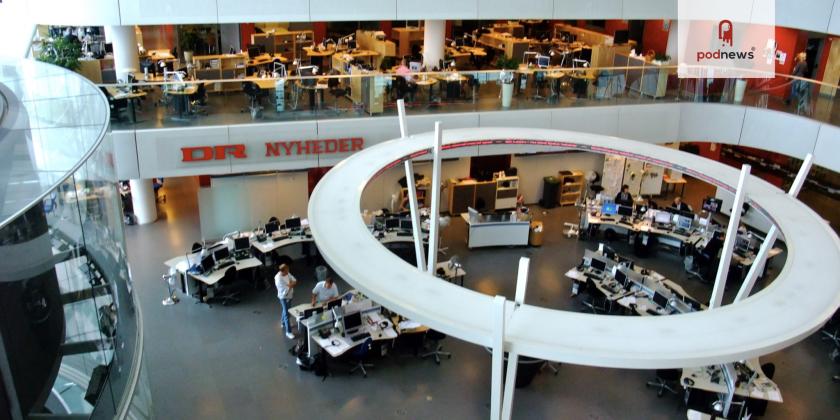
Opinion: DR's move against open podcasting is not in the public service

This article is at least a year old
From Podnews’s daily newsletter on May 10, 2023:
- DR, the public broadcaster for Denmark, is to remove some of its popular podcasts from open platforms. New episodes of Sara & Monopolet will only be available in DR LYD, the broadcaster’s own app, and other shows will follow. Tine Godsk Hansen from the broadcaster claims podcast apps “favour paid content”, and says it’s an opportunity for Danes to discover more from DR.
DR’s Tine Godsk Hansen has a point: that some podcast apps are increasingly favouring paid content. Apple Podcasts gives significant promotion to shows that are using paid subscriptions through the platform (from which they earn 30%); Spotify, too, promotes shows it makes or represents for advertising. Yet, a third of all downloads are from independent podcast apps, which will also lose DR’s content.
Hansen says that “public service providers putting their audio content exclusively onto their own platforms has been going on for a while”. However there are different strategies: and it’s unclear which DR is following.
Radio France has a clear agreement that its content is available everywhere for a limited period (7 days for daily shows, 30 days for weekly shows). After that, archive content goes exclusive to the Radio France app. This makes sense.
The BBC, however, is more muddled: a “trial” announced in January 2022 - which has no set end-date - makes some of its podcasts exclusive on BBC Sounds for the first 28 days, after which they’re then available to most other platforms (but not Google Podcasts, who they block). In addition, some shows are exclusive; others are available everywhere, but internally, the success of shows entirely relies on BBC Sounds data.
DR’s strategy appears to pull some, though not all, of their shows off third-party podcast platforms altogether. Nobody else has quite gone this far.
Go to any audience research conference - I’d recommend the asi International Radio & Audio Conference (this November in Nice, France) - and you’ll hear public service broadcasters highlight the beauty of the logged-in data they get from their owned apps. There’s a lot of it. So, perhaps the real reason DR is pulling its podcasts away from third-party platforms is that they want more data about the audience. The app currently heavily recommends you log in, though steps short of making that mandatory. And, if you take the “data or nothing” argument far enough, they should stop broadcasting on the radio and TV altogether - personal tracking on those platforms is impossible.
Hansen points out that listeners have already paid for DR’s content, through the country’s income tax. That’s true; but I’d suggest that’s all the more reason to ensure that DR’s podcasts are available on every platform that Danes use. A public service broadcaster is different from others - it’s in the service of the public.
If DR wants to be a commercial company, then it can refuse to take public money. Until then, DR’s programming should be available anywhere the Danish public want it to be: they’re paying for it, after all.
Listen


































































































